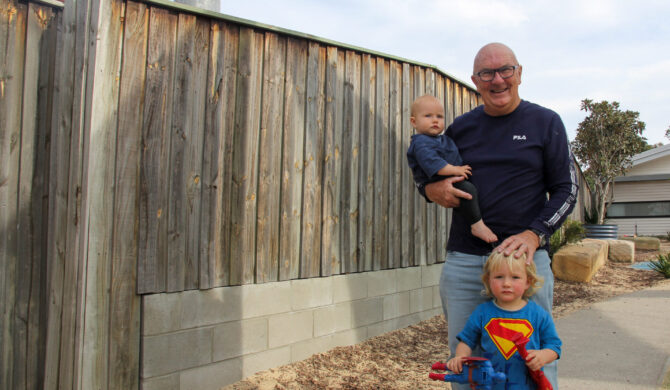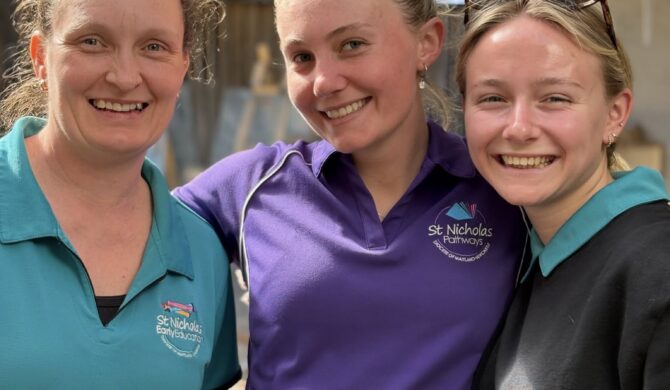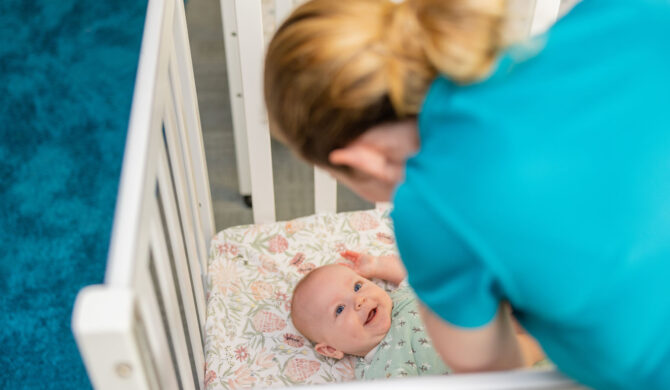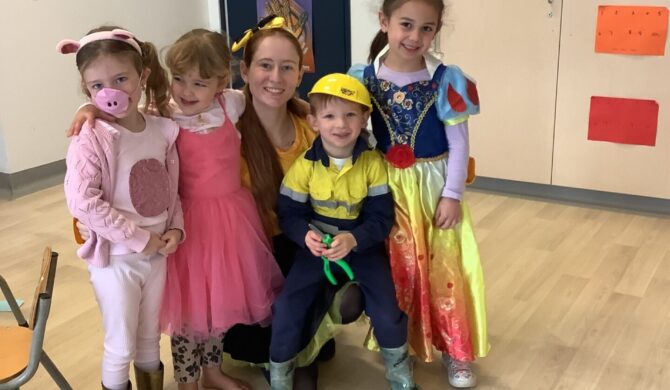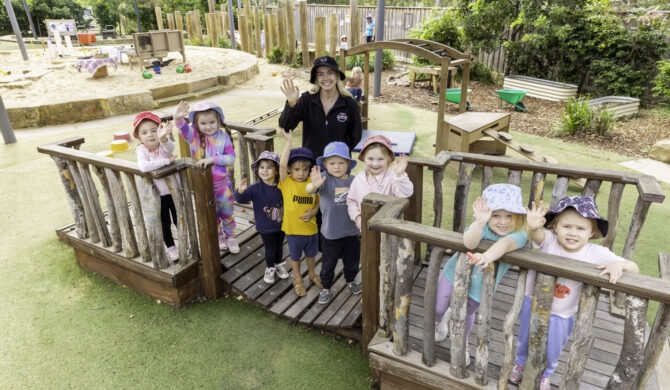Children can also be changing rooms or educators at the start of a new year, which might cause further upset.
And if it’s hard for our children, it’s hard us parents too.
“There may also be feelings of guilt or worry about leaving the child in child care that resurface when the child shows distress,” explains Lyn O’Grady, a community psychologist in Naarm/Melbourne.
So how can we help our child if they’re not coping?
Why our children might struggle
About one-third of children are temperamentally more resistant to change, and there’s a spectrum of resistance within this group, says Elizabeth Seeley-Wait, a clinical psychologist in Sydney.
“Children who have more difficulty with changes are most likely to have difficulty going back to child care,” she says, especially those who never really settled in properly beforehand.
The return to care also means the return of the stresses associated with that, says Dr O’Grady.
She’s worked with teachers and childcare staff for more than two decades, focusing on the mental health and wellbeing of children.
“Getting back into the usual routine of getting out of a bed at a certain time and out the door can be stressful, and children may take time to re-establish the routines,” Dr O’Grady says.
“This includes both practicalities of getting ready and being at child care instead of home, as well as emotional challenges of separating from parents again.”
Wendy Boyd is an associate professor in the School of Education at Southern Cross University and says separation anxiety is common for children — whether at the commencement of day care or after a break — and parents and carers can experience it too.
Signs your child isn’t coping
Dr O’Grady says children will typically re-settle once routine is re-established, but some might have a harder time, becoming increasingly distressed.
“Older children may be able to express how they are feeling, and this can be helpful in understanding what the concern might be. However, younger children will show their struggles through their behaviours,” she says.
That might include crying when getting ready to leave home, becoming distressed when parents leave the childcare setting, and remaining upset for some time, Dr O’Grady says.
“Other more subtle signs might be unsettled sleep, disinterest in food, or more generally being less engaged in play activities or having difficulties settling.”
Dr Boyd says to look for other out-of-the-ordinary behaviours, such as the child hiding their backpack.
What parents can do to help
There are lots of strategies parents can use to help their child readjust.
Focus on routines and rituals
This might include a special bedtime routine which focuses on the child having time with the parent and being settled for sleep, says Dr O’Grady.
“Having a clear routine which is consistent will help everyone to feel more calm and focused.”
Communicate with the child about plans
Even young children can often understand more than we realise, Dr O’Grady says.
“Letting the child know what is happening and doing this calmly and positively will be helpful.”
“Older children can then ask questions or raise concerns that can be discussed further.”
Plan for transition points
Allowing time to be present physically and emotionally with the child at transition times like drop-off will help, explains Dr O’Grady.
“This might mean staying at the centre for a brief period before leaving at the start of the day, and when returning home having a snack and play together to talk about the day before getting into tasks.”
Talk with educators
Educators are well experienced in understanding children’s needs and responses so will be able to offer guidance and come up with ways of working together to manage the situation, says Dr O’Grady.
“Raising concerns early will be most helpful as this can help ideas to be developed quickly before things escalate.”
Acknowledge your child’s feelings
It is important that the child’s feelings are recognised to the child, says Dr Boyd.
“Discuss that we all like to do some things more than others, for example, have a holiday.”
Dr O’Grady recommends using feelings words that acknowledge what is going on for them.
“A focus on both excitement about seeing friends and [educators] again, along with some sadness about not being with family could be helpful.”
St Nicholas Early Education is here to support
If you have any concerns, need support or advice, please reach out to your St Nicholas Early Education centre team who are there to support you and your child.
The above article has been taken from: https://www.abc.net.au/news/2024-01-16/helping-your-kid-struggling-with-return-to-child-care/103306166




